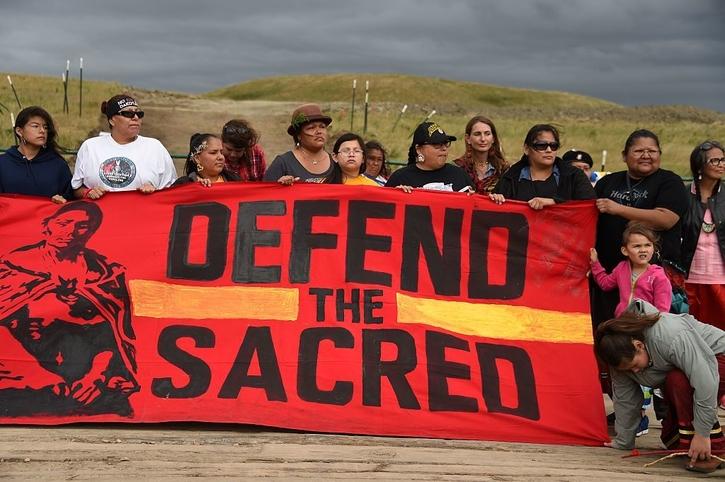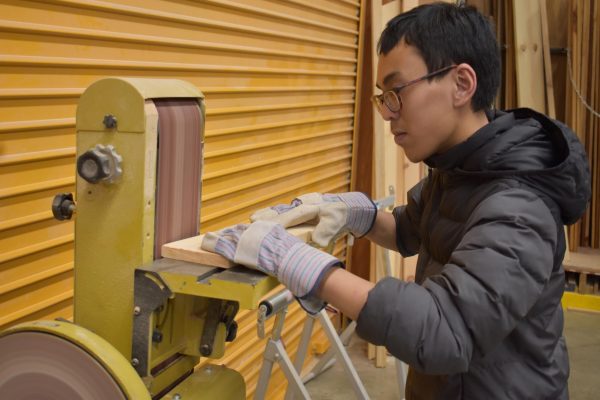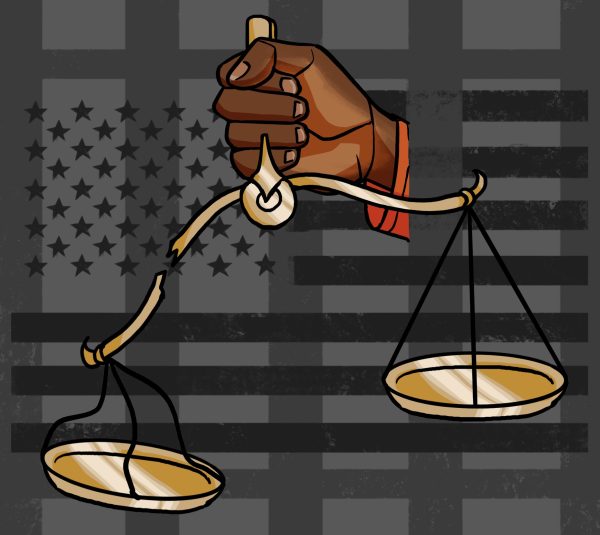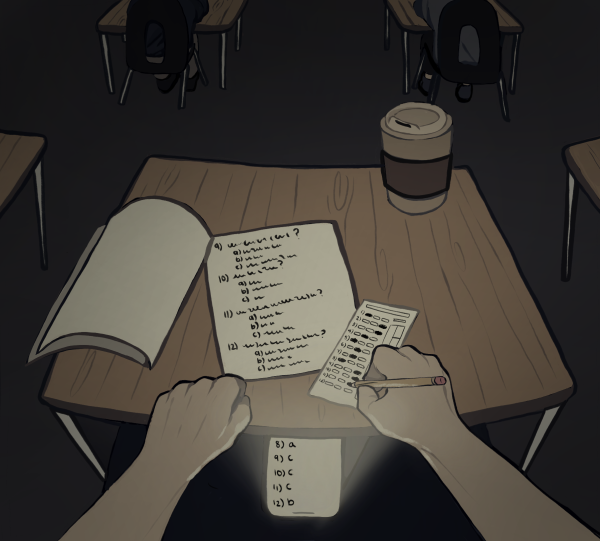OPINION: Speaking out against the injustice of the Dakota Access Pipeline
Protesters support the Sioux Nation against the construction of the pipeline.
People from all over the world have flocked to show their support with the Sioux Nation against the construction of the Dakota Access Pipeline since President Donald Trump signed the executive order to revive the project just a few days after his inauguration. The protest is over water protection and the Sioux Nations’ ancient burial grounds.
Although executive orders are normal for presidents, Congress has the power to overrule the executive orders and should regarding the Dakota Access Pipeline. Trump should not have the power to disrupt the Sioux Nation’s livelihood and infringe upon their land rights.
Throughout our educational careers, we are taught history in order to prevent repeating devastating historical events.
However, history has repeated itself time and time again – especially in terms of the Native Americans’ rights – and will once again repeat itself with the Standing Rock issue if the government continues to take over Native American Reservation Areas, violating their rights to clean water.
According to the 2015 consensus, 88 percent of the people in this country are educated with at least a high school diploma, meaning most citizens should be able to understand the devastating effects of building the pipelines. It is our civic duty to utilize our education to prevent further disasters, such as the Dakota Access Pipeline, from occurring.
The pipeline could be detrimental to the Missouri River, the Sioux nation’s primary water source, if the pipeline leaks and spills crude oil into the river, leaving no fresh water for the locals.
The Army Corp of Engineers had blocked the construction of the pipeline, but recently Trump ordered that permits for the Dakota Access Pipeline be accelerated, “…including the easements or rights-of-way to cross Federal areas.”
Some argue that crude oil – unfiltered petroleum found within the earth – will lower the increasing prices of gasoline. This could, however, lead to the contamination of the Sioux Nation’s primary water source.
The lack of clean water could lead to the death of many of the Sioux Nation people and could have a rippling effect on citizens’ health and hygiene just for cheaper gas prices.
Some officials may have been hoping the harsh winter would lead protesters to return home, but the overwhelming community and national support proves that they are there to stay until Trump shuts down the Dakota Access Pipeline for good, or forces them out.
“How can we be a United government if they can’t even stand in peace with us and understand that this pipeline is going to be more damaging for future generations?” said Ryan Murphy of the Muckleshoot tribe, who stands with the Sioux Nation.
All hope is not lost yet, according to Timothy Vail, U.S. Army Corps of Engineers Military Assistant to the Assistant Secretary of the Army (Civil Works). Until February 20, the public has a chance to push back for a full review of the pipeline’s environmental impact statement to overturn Trump’s executive order.
It is time for the whole nation to speak out against the injustices occurring today.











